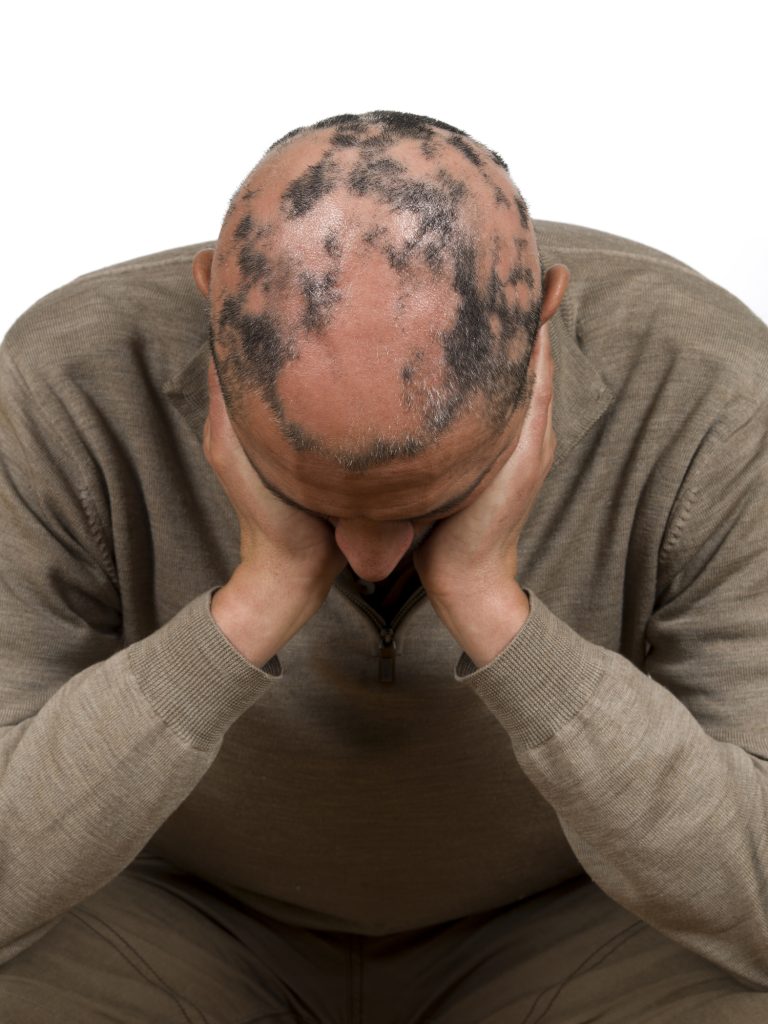COVID-19 has been linked to new onsets or flares of systemic lupus erythematosus, inflammatory bowel disease, and rheumatoid arthritis, and a new nationwide study out of South Korea suggests it may also increase risk for onset, exacerbation, and recurrence of alopecia areata (AA).
The researchers conducted a population-based cohort study to investigate the association between COVID-19 and AA using data from the Korea Disease Control and Prevention Agency–COVID-19–National Health Insurance Service cohort from October 8, 2020 to September 30, 2021. The study comprised 259, 369 patients with COVID-19 and 259, 369 COVID-19-free controls.
There was an increased risk of telogen effluvium in the cohort with COVID-19 compared with the uninfected cohort. In addition, people with COVID-19 also had a higher risk for AA regardless of clinical subtype. Specifically, risk for AA was 82% higher for individuals with COVID-19 versus those without a prior COVID-19 infection. The incidence of AA after COVID-19 was significantly increased in all groups older than 20 years, with higher risk among both females and males. The rates of AA were also higher than what was seen in Korea before the COVID-19 pandemic.
“These findings support the possible role of COVID-19 in AA occurrence and exacerbation, although other environmental factors, such as psychological stress, may have also contributed to AA development during the pandemic,” conclude researchers led by Jin Park, MD, PhD, a professor of dermatology at Jeonbuk National University Medical School South Korea. “Plausible mechanisms of AA following COVID-19 include antigenic molecular mimicry between SARS-CoV-2 and hair follicle autoantigens, cytokine shifting, and bystander activation. “
The findings are published as a research letter in JAMA Dermatology.


